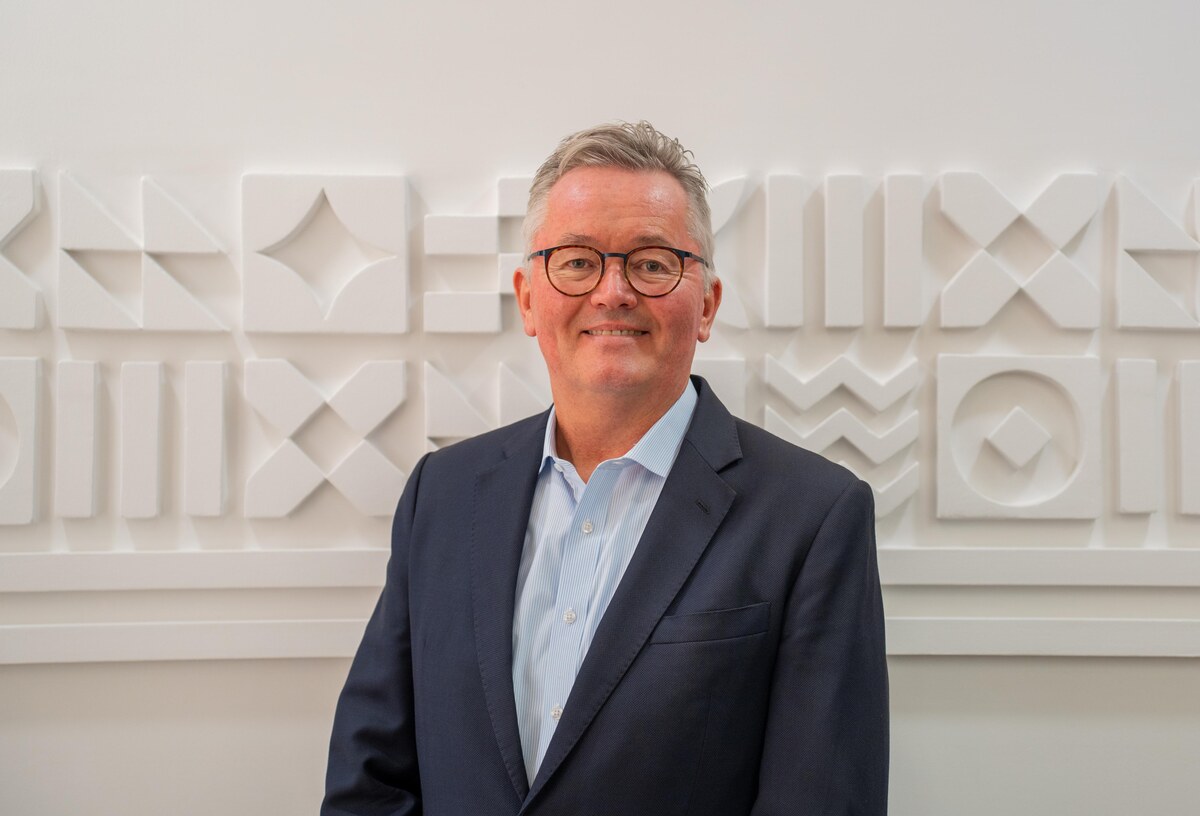RIYADH: The number of pharmaceutical and medical device factories in Saudi Arabia has reached 206, with investments totaling SR10 billion ($2.6 billion), according to official data.
The Ministry of Industry and Mineral Resources reported that this growth includes 56 pharmaceutical factories licensed by the Saudi Food and Drug Authority, with investments in the pharmaceutical sector alone exceeding SR7 billion.
The medical device sector in Saudi Arabia has seen notable advancements. Globally, this market is valued at $500 billion, with Saudi Arabia's share estimated at $6.6 billion.
The Kingdom now boasts 150 licensed medical device factories, representing a 200 percent increase since 2018. Investments in this sector have reached SR3.1 billion, with notable achievements including the production of advanced respiratory devices, insulin syringes, and specialized surgical instruments.
This expansion aligns with the ministry’s broader efforts to localize the pharmaceutical industry and reduce reliance on imports.
Globally, the pharmaceutical market is valued at approximately $1.1 trillion, with the Middle East and Africa accounting for $31 billion of this total.
Saudi Arabia, the largest pharmaceutical market in the region, holds a $10 billion share, representing 32 percent of the market.
Between 2019 and 2023, the Saudi pharmaceutical market grew by 25 percent, rising from $8 billion to $10 billion annually.
This growth highlights a successful push toward localization, with the Kingdom reducing its dependence on pharmaceutical imports from 80 percent in 2019 to 70 percent by 2023.
In June 2022, the ministry announced over SR11 billion in new investment opportunities in the vaccine and biopharmaceutical sectors, aligning with the Kingdom’s strategic goals of enhancing health security and establishing Saudi Arabia as a hub for pharmaceutical and biopharmaceutical production.
Government initiatives, such as the “Made in Saudi” program, have also been instrumental in this expansion by promoting local products on international platforms.
The ministry has focused on enhancing value chains by fostering collaborations in research and development and securing essential raw materials locally.
The Kingdom aims to localize 80-90 percent of its government procurement needs for insulin and vaccines while also attracting foreign investments in the pharmaceutical and healthcare sectors.
Saudi Arabia’s industrial sector demonstrated notable resilience during the COVID-19 pandemic. The ministry quickly ramped up domestic production capacity for essential medical supplies, increasing the daily output of medical masks from 450,000 to 3 million.
In just three months, the number of hand sanitizer factories grew from 12 to 70. These efforts highlight the Kingdom's ability to respond effectively to global supply chain disruptions and further solidify its growing prominence in the pharmaceutical and medical device industries.





















